Staff
No Staff found
A
B

Tanja Baart
+49 511 450670-538

Sodeh Baniasadi
+49 511 450670-408

Claudia Begemann
+49 511 450670-165

Dr. Marcus Beiner
+49 511 450670-910

Dr. Sophie Biesenbender
SophieBiesenbender
+49 30 2064177-37

Antonia Biljes
+49 511 450670-457

Clemens Blümel
Bluemel
+49 30 2064177-31

Dr. Göde Both
+49 30 2064177-27

Ennio Brandt
+49 30 2064177-23

Dr. David Broneske
+49 511 450670-454

Prof. Dr. Sandra Buchholz
+49 511 450670-176
C
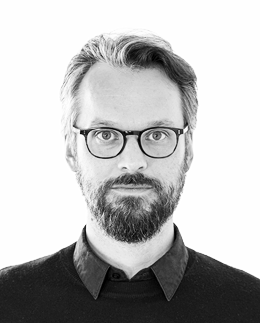
Dr. Johann Carstensen
+49 511 450670-914

Joshua Claaßen
+49 511 450670-407

Ruth Cordes
+49 511 450670-561

Fine Cordua
+49 511 450670-134

Roberto Cruz Romero
+49 30 2064177-22
D

Dr. Gunther Dahm
+49 511 450670-111

Dr. Andreas Daniel
+49 511 450670-402

Esther-Magdalena de Haan
+49 511 450670-341

Franziska Debes
+49 511 450670-409

Katharina Diehl
+49 511 450670-534

Frank Dölle
+49 511 450670-349
E

Prof. Dr. Nikolas Eisentraut
+49 511 450670-369

Sebastian Elvers
+49 511 450670-516

Dr. Thorsten Euler
+49 511 450670-405
F

Gregor Fabian
+49 511 450670-133

Mohammed Fateh
+49 511 450670-456

Sundus Fatima
+49 511 450670-446

Christiane Fischer
+49 511 450670-676

Dr. Barbara Franke
+49 511 450670-197

Martin Fuchs
+49 511 450670-491
G

Anna Gerchen
+49 511 450670-331

Frederike Gerdes
+49 511 450670-140

Dr. Anja Gottburgsen
+49 511 450670-912

Dr. Michael Grüttner
+49 511 450670-116

Judith Grützmacher
+49 511 450670-498

Dr. Filiz Gülal
+49 511 450670-939

Dr. Christoph Gwosć
Gwosc
+49 511 450670-366
H

Andrea Haberstroh
+49 511 450670-523

Friederike Harenberg
+49 511 450670-152

Lisa-Marie Hartwig
+49 511 450670-367

Dr. Kristina Hauschildt
+49 511 450670-193

Christophe Heger
+49 30 2064177-57

Daniel Hein
+49 511 450670-153

Christine Heisterberg
+49 511 450670-495

Ute Hoffstätter
+49 511 450670-404

Amber Hoots
+49 511 450670-505

Prof. Dr. Jan Karem Höhne
+49 511 450670-458

Dirk Huke
+49 511 450670-447

Dr. Björn Huß
Huss
+49 511 450670-181
I

Feyza Ibili
+49 511 450670-581

Dilek İkiz-Akıncı
DilekIkiz-Akinci
+49 511 450670-416

Dr. Susanne In der Smitten
+49 511 450670-350
J

Verena Jahn
+49 511 450670-143

Violetta Jaimes del Rio
+49 511 450670-527

Dr. Steffen Jaksztat
+49 511 450670-144

Melike Janßen
+49 30 2064177-60
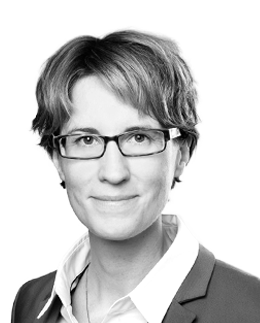
Dr. Susanne Jaudzims
+49 511 450670-377

Christine John
+49 511 450670-411
K

Alice Kawczynski
+49 511 450670-559

Prof. Dr. Bernd Kleimann
+49 511 450670-363

Dr. Daniel Klein
+49 511 450670-406

Stella Maria Köchling
+49 511 450670-379

Bekrita Krasniqi
+49 511 450670-507

Prof. Dr. Emanuel Kulczycki
+49 30 2064177-10
L

Rachid Laajouzi
+49 511 450670-448

Leena Lahse
+49 511 450670 113

Gesche Landers
+49 511 450670-540

Nora Lorenz
+49 511 450670-162
M

Dr. Hanna Mentges
+49 511 450670-159

Dr. Torger Möller
+49 511 450670-327

Marie Lena Muschik
+49 511 450670-161

Dr. Kai Mühleck
+49 511 450670-156

Peter Müßig
+49 511 450670-493
N

Dr. Nicolai Netz
+49 511 450670-171

Bernd Neumann
+49 511 450670-565

Dr. Julia Niemann-Lenz
+49 511 450670-432

Jacqueline Niemietz
+49 511 450670-141

David Nika
+49 511 450670-157

Tanja Niß
+49 511 450670-922

Petra Nölle
+49 511 450670-511
O

Dr. Axel Oberschelp
+49 511 450670-348

Regina Oelfke
+49 511 450670-921

Tina Oestreich
+49 511 450670-106

Dr. David Ohlendorf
+49 511 450670-118

Dr. Jessica Ordemann
+49 511 450670-128

Mara Osterburg
+49 511 450670-129

Dr. Matteo Ottaviani
+49 30 2064177-46
P

Dr. Frauke Peter
+49 511 450670-126
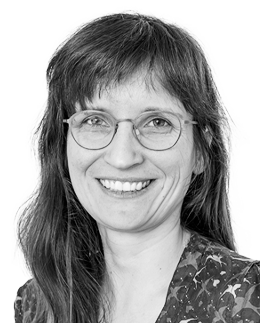
Dr. Sabrina Petersohn
+49 30 2064177-33

Karen Philipp
+49 511 450670-923
Q

Heiko Quast
+49 511 450670-160
R

Ramona Julia Richter
+49 511 450670-120
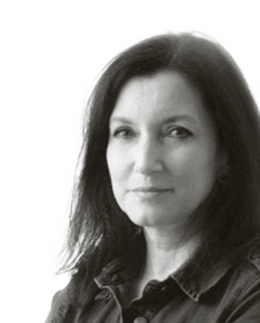
Manuela Rosati
+49 30 2064177-0

Mareike Rußmann
+49 511 450670-173
S

Parisa Safikhani
+49 511 450670-468

Dr. Sandra Sanders
+49 511 450670-311

Melanie Scharkowsky
+49 511 450670-504

Frank Bela Schädlich
+49 511 450670-135

Tatjana Schepel
+49 511 450670-502

Dr. Isabelle Schiffer-Fiedler
+49 511 450670-190

Nikolai Schmarbeck
+49 30 2064177-39
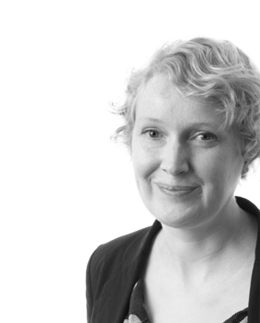
Marion Schmidt
+49 30 2064177-32
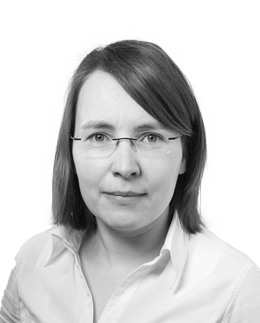
Heidrun Schneider
+49 511 450670-155

Alexander Schniedermann
+49 30 2064177-13

Theresa Schommer
+49 511 450670-131
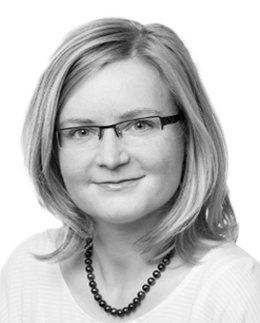
Ulrike Schwabe
+49 511 450670-123

Nathalie Schwichtenberg
+49 30 2064177-58

Markus Sieverling
+49 511 450670-537

Thomas Simpson
+49 511 450670-515

Astrid Sohn
+49 30 2064177-42

Fritz Sommerwerk
+49 511 450670-514

Dr. Heike Spangenberg
+49 511 450670-151

Dr. Guido Speiser
+49 30 2064177-24

Dr. Stephan Stahlschmidt
+49 30 2064177-18

Lisa Steiner
+49 511 450670-403

Dr. Julia Steinkühler
+49 511 450670-139

Dr. Henrike Steins
+49 511 450670-419

Dr. Karsten Stephan
+49 511 450670-415

Elena Sterzer
+49 511 450670-570

Jana Strauß
+49 511 450670-536
T

Anastasiia Tcypina
+49 30 2064177-50

Carola Teichmann
+49 511 450670-146

Marcel Thomann
+49 511 450670-325

Elena Trautwein
+49 511 450670-142

Dr. Fabian Trennt
+49 511 450670-148
U
V

Nina Veselov
+49 511 450670-539

Piero Donato Vitullo
+49 511 450670-515

Caroline von Roeder
+49 511 450670-513

Elke von Werder
+49 511 450670-512

Dr. Eva Maria Vögtle
+49 511 450670-117

Daniel Völk
+49 511 450670-355
W

Rafael Warkotsch
+49 511 450670-108

Dr. Anne Weber
+49 511 450670-488

Leander Wegener
+49 511 450670-494
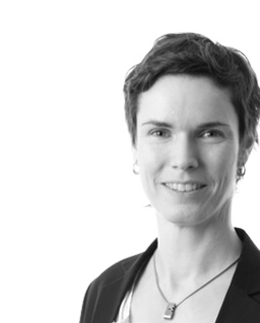
Dr. Antje Wegner
+49 30 2064177-48

Janka Willige
+49 511 450670-154

Gert Winkelmann
+49 511 450670-351

Eduard Wolf
+49 511 450670-508
Z

Parmida Zarei
+49 511 450670-477








